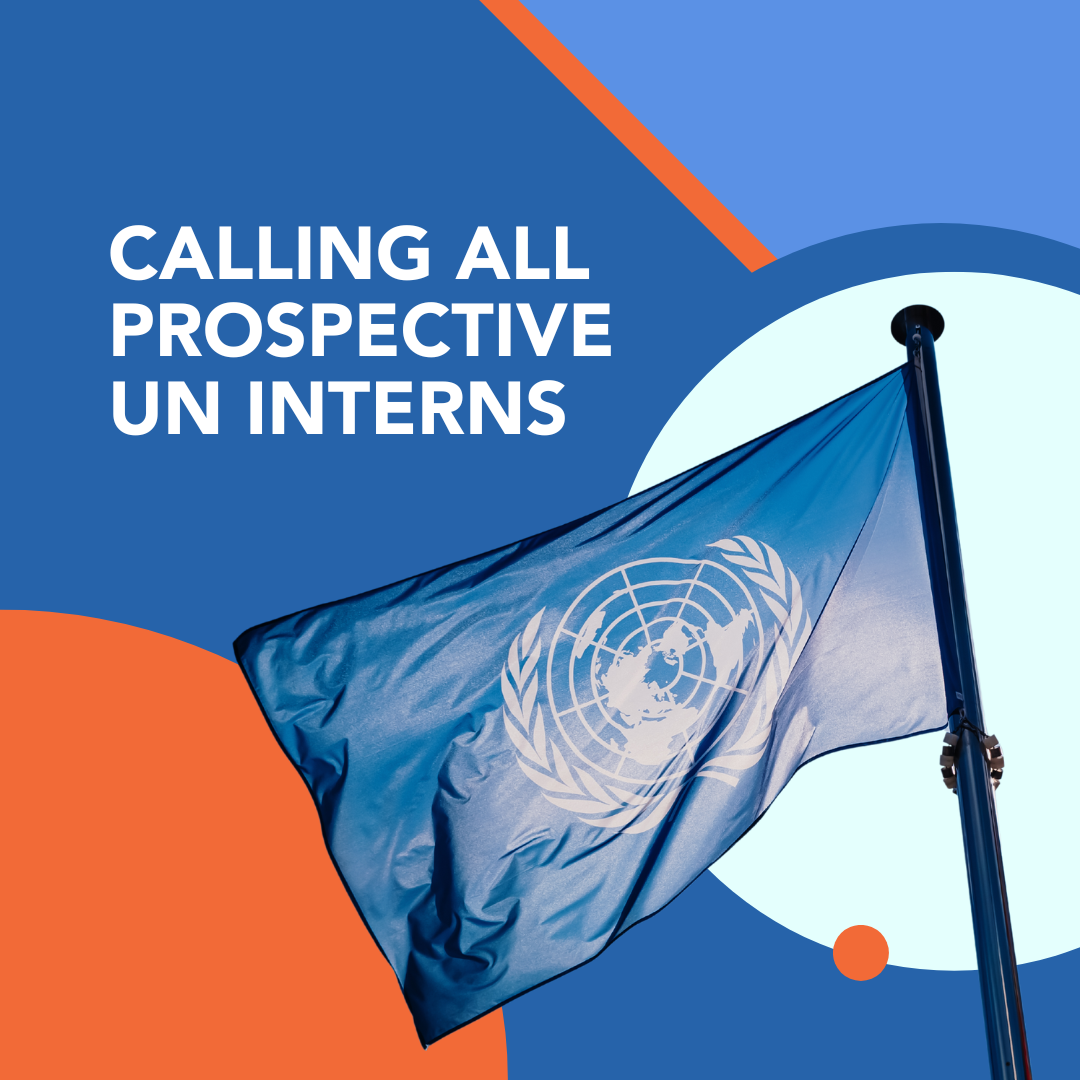UN Intern Reflection: Lauren Schmidt, UNA-USA Fellow
Lauren Schmidt serves as Information and Communication Technology for Development (APCICT) located in Incheon, South Korea. Lauren is supported by a grant from the UNA-USA Fellowship Initiative.

I recently reached the halfway point of my internship with the Asian and Pacific Training Centre for Information and Communication Technology for Development (APCICT) located in Incheon, South Korea. Looking back on the past month and a half, I feel truly grateful for the insights and skills I’ve gained as a result of my internship and the UNA-USA Fellowship Initiative. My day-to-day responsibilities as a Digital Outreach Intern include proofreading and revising e-learning materials related to ICT, supporting community outreach efforts, and creating social media content. While performing these tasks, I’ve strengthened my research and cross-cultural communication skills. I’ve also gained familiarity with learning management system (LMS) software and learned more about ICT topics, such as AI ethics and digital security.
It often feels surreal to develop content that’s branded with the iconic UN logo. However, bureaucratic setbacks occasionally prevent said content from actually being published. Although this process can be frustrating, it has been enlightening to learn the ins and outs of international civil service work. Professionals in this field have the unique responsibility of considering the specific cultural, economic, and social contexts of all member states and global partners when creating program materials. At times, these considerations limit or restrict what messages UN employees can communicate while acting in a professional capacity. For this reason, I’ve gained a deeper appreciation for local non-profits and activist organizations that drive community action. I’ve learned that in order to achieve the Sustainable Development Goals (SDGs), the UN must continue to forge partnerships with local service organizations that operate on the ground with their communities.
In addition to the skills and knowledge I’ve gained, one of the most rewarding aspects of this internship has been the ability to work alongside colleagues from around the world. I was pleasantly surprised by how quickly I was able to make new friends not only in my office, but also from other UN entities in the building. I’ve met many other interns from different departments, and we often eat lunch and explore Seoul together. My colleagues have introduced me to foods and traditions from their home countries, and we’ve had the chance to engage with local Korean culture. For example, we attended a pottery class in which we learned about traditional green celadon pottery and made a bowl with the help of a master artisan.
Another highlight of my experience has been attending the UN Public Service Forum, which was held here in Incheon. This year’s guiding theme was “Fostering Innovation Amid Global Challenges: A Public Sector Perspective.” The Forum prompted collaboration among participants and allowed countries to celebrate each other’s successes. In the U.S., the narrative of American exceptionalism, which touts the country’s moral and intellectual “superiority,” still underlies many policy discussions. Hearing about the initiatives, achievements, and innovations from often-overlooked countries like Mauritius and Lao PDR emphasized the urgent need to critique and unlearn the idea of American exceptionalism. As a future policymaker, I was thankful for the reminder that a nation’s creativity and innovative prowess do not depend on its GDP or classification as “developed” or “developing.” I’m looking forward to gaining even more policy insights during the second half of my internship.

The UNA-USA Fellowship provides financial support for American undergraduates, undergraduates who have received their bachelor’s degree within one year of graduation, and first year master’s students who have secured unpaid internships with the United Nations. If selected, you can be awarded up to $13,000 for up to four months.
Learn More


